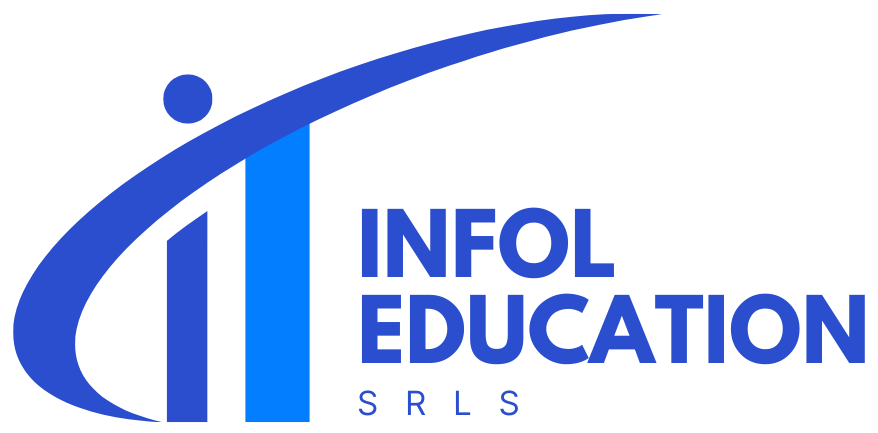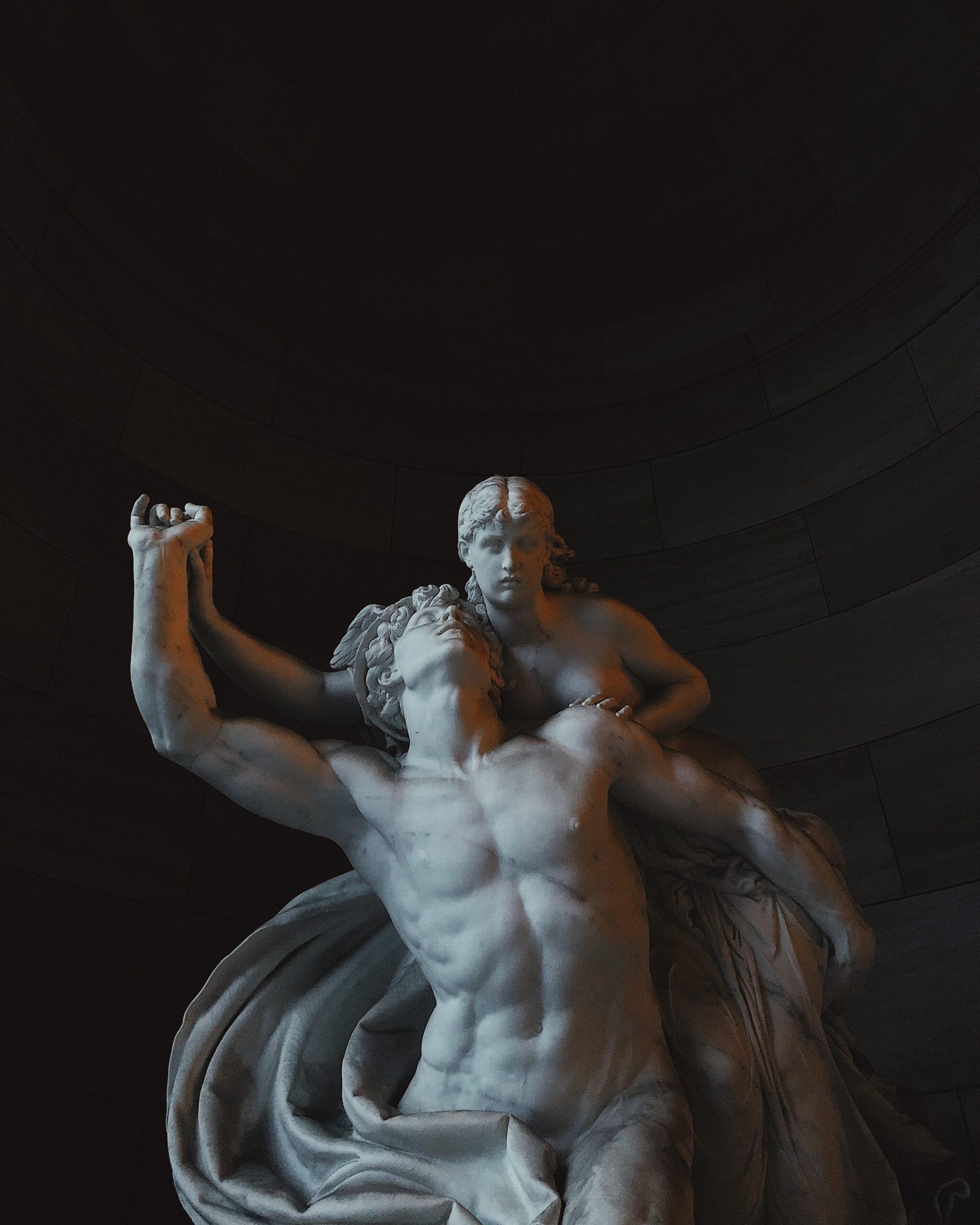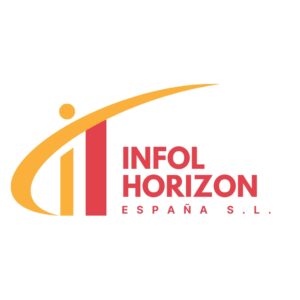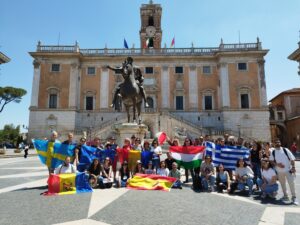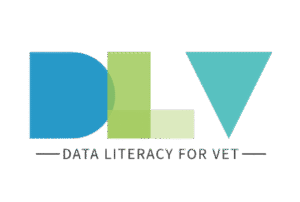DESCRIPTION
The course provides a set of teaching methods aimed at teaching History of Art. It has been developed on a training path that includes classroom activities, guided visits to museums, practical and sensory design experiences.
The course transfers instruments for a more scientific approach, observation and reading of the work of art, which facilitate student’s learning by promoting a critical thinking and observing. Abandoning a traditional didactic model, essentially notional, we can identify paths so the students become more effective in memorization of lessons art related.
Objectives
At the end of the training course, participants will be able to design creative lessons that help stimulate student’s curiosity and ability to observe, read and critically thinking towards artistic pieces of art. This is available through the conscious use of historiographical and iconographic sources, web resources , bibliography, contemporary criticism so students will feel more involved in it.
In short, the main objectives are:
-Updating methodologies for an efficient involment of the students in classes
-updating skills for preparation of creative and experiential lessons;
-development of dynamic, multidisciplinary and innovative teaching techniques
-adaptation of theoretical knowledge through the use of technological and integrated tools


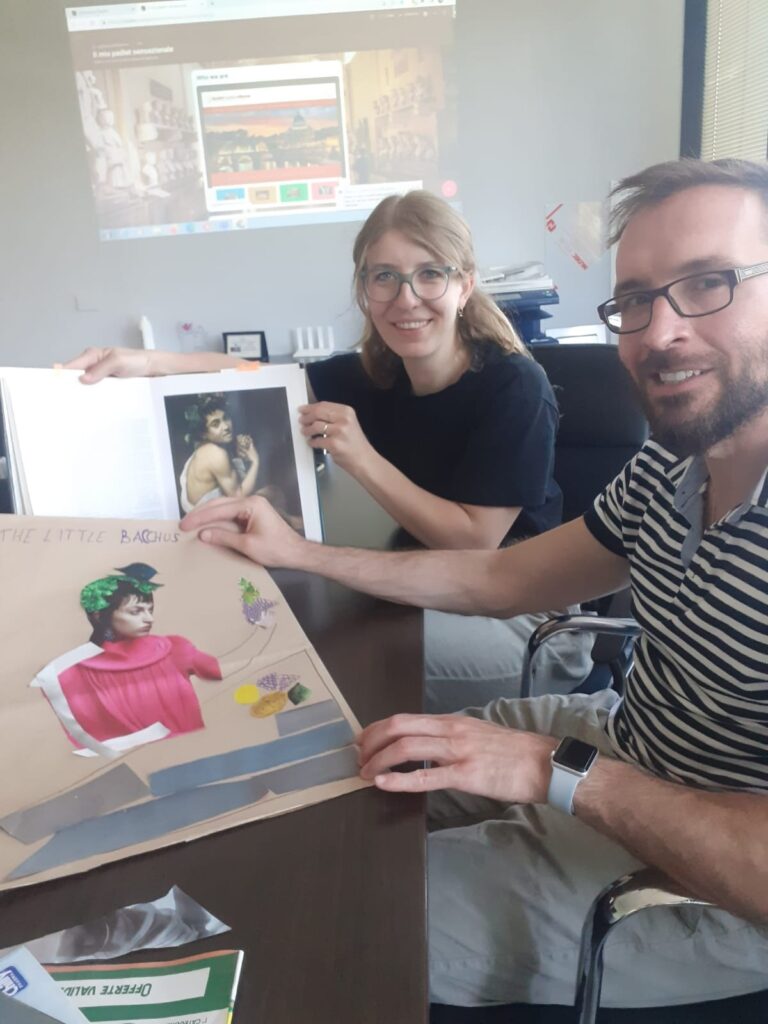
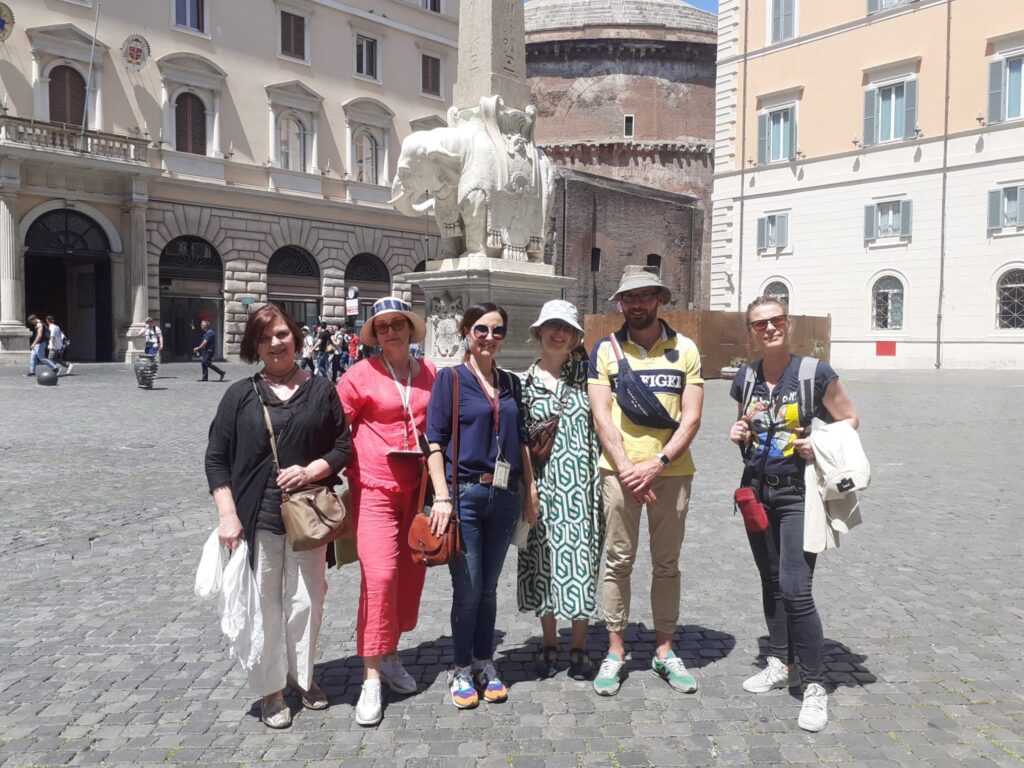
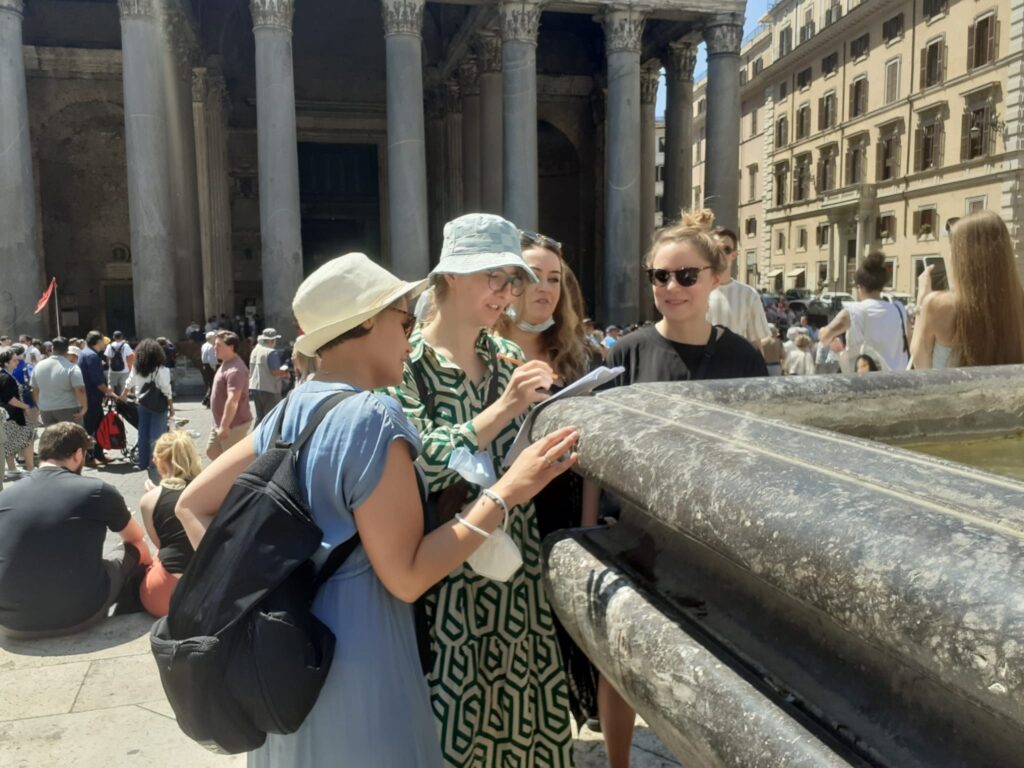


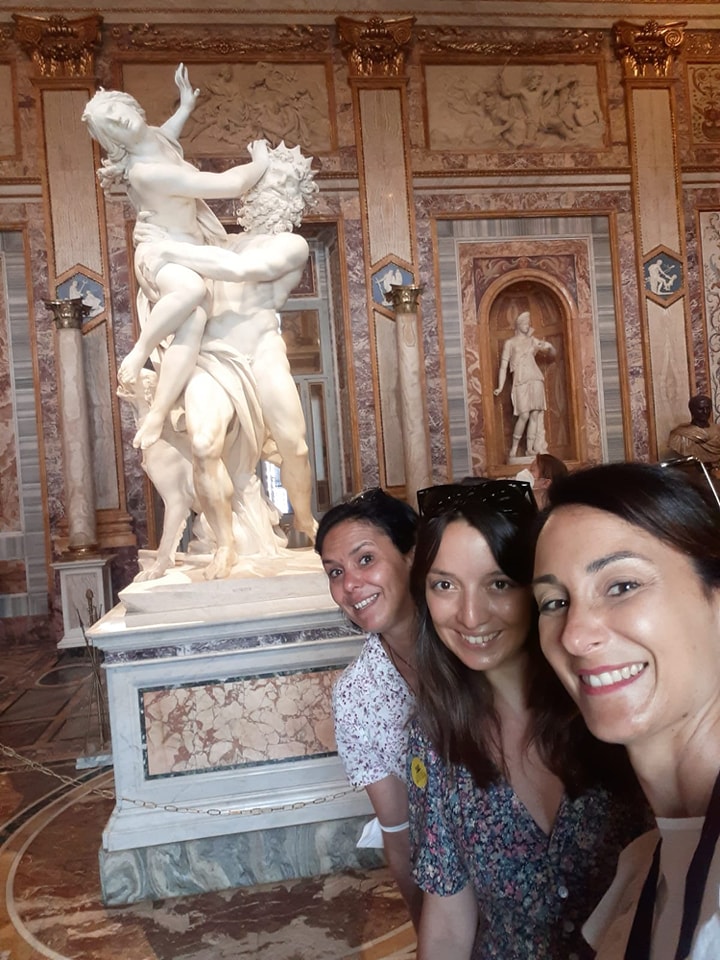
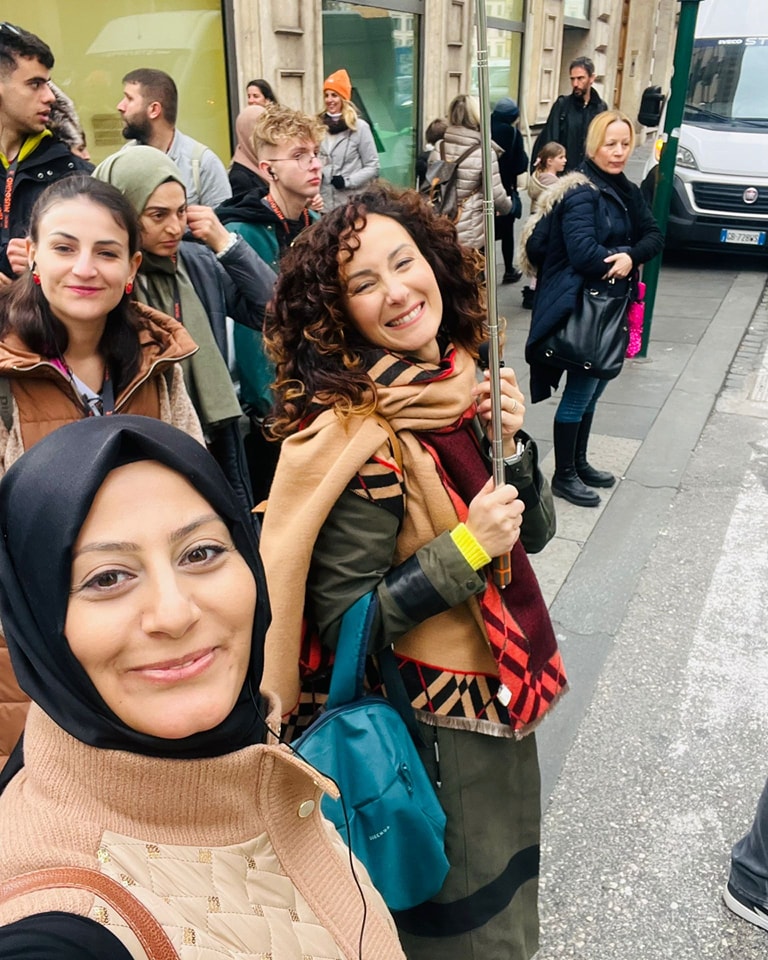

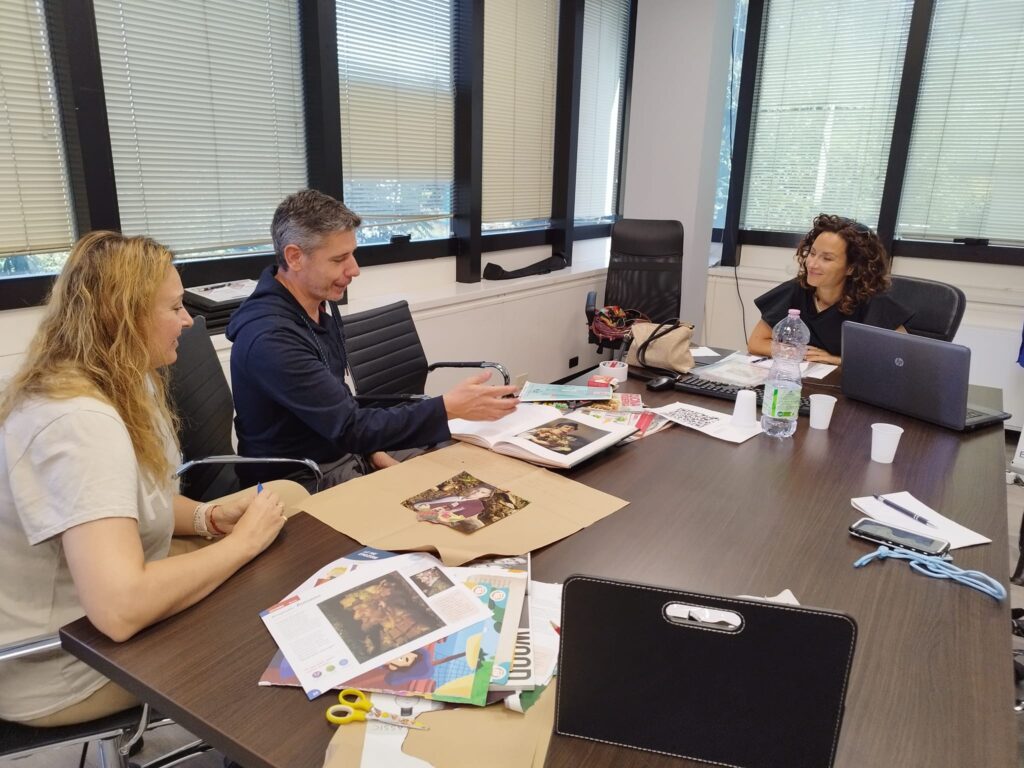
Learning outcomes
-Ability to use research sources in a creative and innovative way
-Knowledge transfer on lesson design for practical and theoretical teaching
-Enhancing capability of planning and creating cultural paths to support teaching
-Development of soft and group facilitation skills
-Develop abilit to stimulate students towards designated goal
-Increase of leadership skills and group management techniques
-Development of skills for cooperative learning
-Preparation on how to assess skills and monitor learning cycles
Methodology
The course will combine theory input and discussion with analysis of practical incidents with the purpose of finding out different possible solutions. The methodology used is mainly content-based language instruction (communication through specific content).Text discussion, oral presentation and discussion, role-playing, self- and meta-reflection, debating and group interaction will be the strategies more frequently used.
- Active methodologies
- Role playing
- Simulations
- New technologies
- Outdoor education: cultural visits and tours in museum
Certificates
- Europass Mobility
- Certificate of Attendance
Upcoming sessions
Location: Roma
- September 2024: Week 3 (September 16 – 20)
- October 2024: Week 3 (October 14 – 18)
- November 2024: Week 4 (November 18 – 22)
- December 2024: Week 1 (December 2 – 6)
- January 2025: Week 5 (January 27 – 31)
- March 2025: Week 2 (March 10 – 14)
- May 2025: Week 1 (May 5 – 9)
- June 2025: Week 1 (June 2 – 6)
- July 2025: Week 2 (July 7 – 11)
- September 2025: Week 2 (September 8 – 12)
- November 2025: Week 3 (November 17 – 21)
